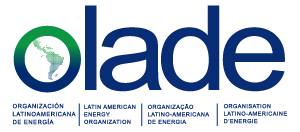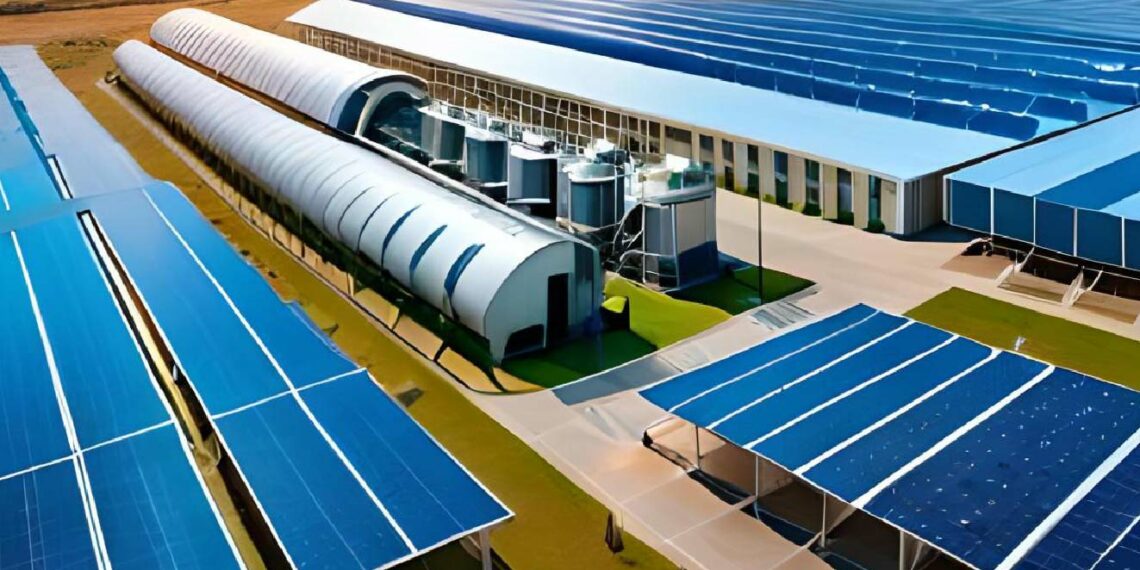Driving the Future: First Workshop for the Development of a Hydrogen Economy.
Green hydrogen has become a promising solution to address today’s energy and environmental challenges. Latin America and the Caribbean are strategically positioned to harness its potential and play an important role in the transition to a more sustainable economy. The region has abundant renewable natural resources, such as solar radiation and constant winds, which can be used to produce green hydrogen efficiently and on a large scale.
Many countries in Latin America and the Caribbean already recognize the opportunities offered by green hydrogen and are taking steps to develop projects and promote its uptake. The diversity and richness of renewable natural resources in the region provide a solid foundation to boost green hydrogen production competitively.
The transition to a more sustainable economy requires the collaboration and commitment of countries and organizations globally. The global Mission Innovation (MI) initiative is a platform or tool to accelerate innovation and promote affordable clean energy solutions.
In this context, OLADE held the first workshop on the Development of a Hydrogen Economy, dedicated to the governance, regulatory framework and certification of clean hydrogen. This workshop aims to contribute to the development of the foundations of a sound and reliable hydrogen economy by providing decision makers with the opportunity to learn about the requirements and attributes needed to certify clean hydrogen.
In Spain, for example, the Roadmap has been updated to reflect changes in objectives, such as the increase in installed electrolysis capacity, and in key security aspects, a report has been prepared that addresses the rules, procedures and regulation of hydrogen projects.
In Chile, on the other hand, ambitious targets have been set for the production of green hydrogen at competitive prices, taking advantage of solar and wind energy. In this country, the North American NFPA2 standard has been adopted, which establishes design and construction guidelines.
In the first workshop it was discussed that the financing of hydrogen projects is one of the current challenges, especially for larger projects. A stable regulatory framework and adequate funding are required to bridge the gap between the costs of green hydrogen and fossil energy.
This exchange of experiences and challenges in energy innovation issues is facilitated thanks to the technological infrastructure and the continuous growth of our knowledge community https://capevlac.olade.org/ which currently has a network of professionals in the energy sector of more than 7,500 people. International cooperation, knowledge transfer, the creation of expert networks and synergies between these different organizations are essential to strengthen innovation ecosystems and move towards energy transitions.
Andrés Rebolledo
Executive Secretary
Latin American Energy Organization – Olade


